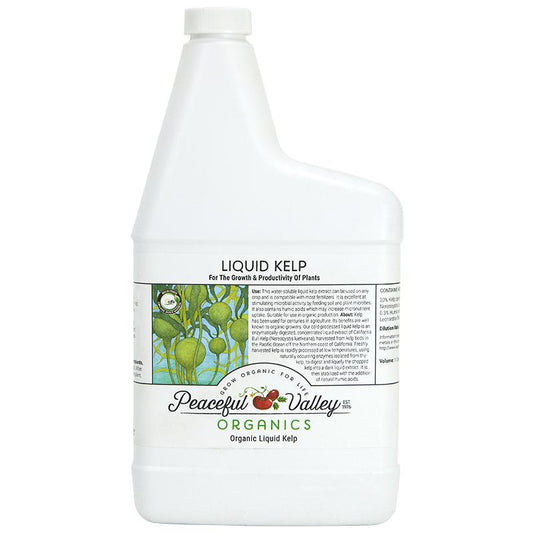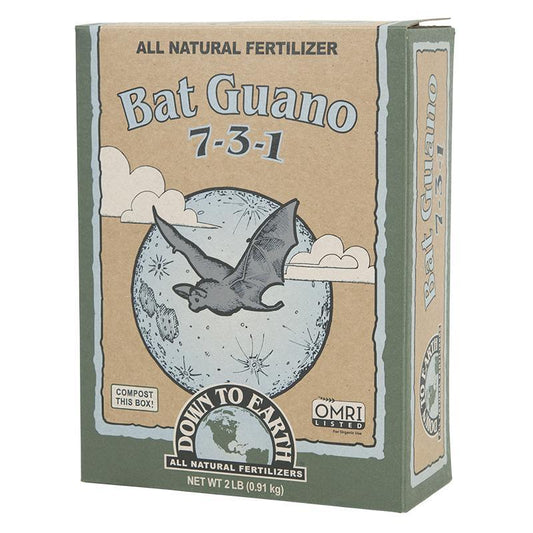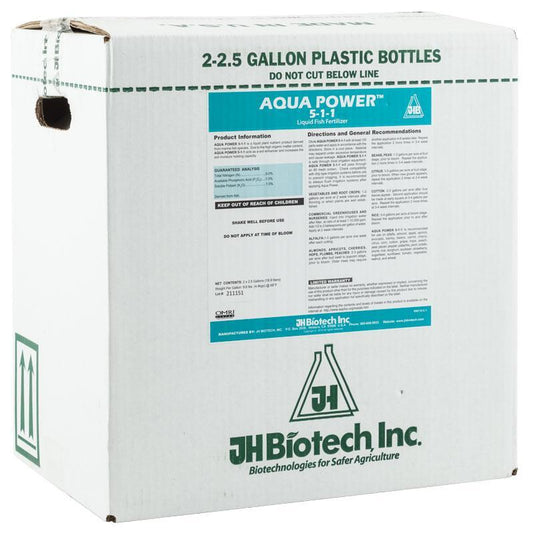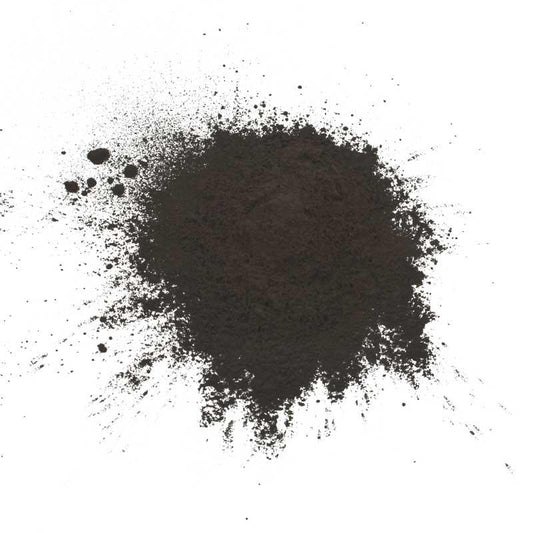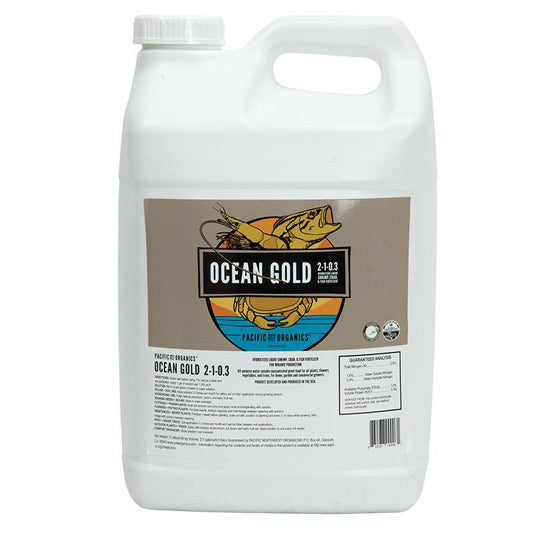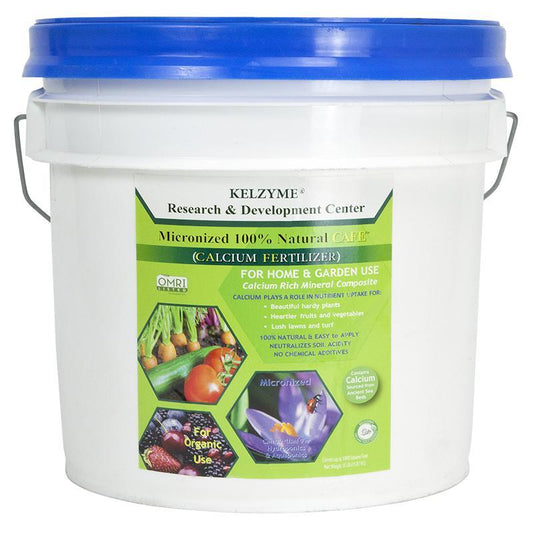
Fertilize Through Irrigation: Enhancing Crop Health and Yield
Fertilizing crops is fundamental in agriculture, essential for optimizing yield and maintaining soil fertility. One innovative approach to fertilization is through irrigation systems, which allow for efficient nutrient delivery directly to the root zone.
The Importance of Fertilizing Through Irrigation
Fertilizing through irrigation is gaining popularity among farmers and gardeners for several reasons. This method offers a more precise and efficient way of delivering nutrients to plants, resulting in improved crop health, increased yield, and reduced waste. Here, we will delve into the advantages and products associated with this practice.
-
Drip Fertigation Systems: Drip irrigation systems combined with fertilization, known as drip fertigation, are one of the most effective ways to give plants nutrients. These systems use a network of tubes and emitters to deliver water and dissolved fertilizers directly to the root zone. The slow, targeted release of nutrients minimizes nutrient loss and ensures plants receive the right amount of nourishment.
-
Fertilizer Injectors: Fertilizer injectors are essential components of any drip fertigation system. These devices automatically mix and inject liquid or soluble fertilizers into the irrigation water as it flows through the system. Fertilizer injectors come in various types, such as venturi injectors and diaphragm pumps, and can accommodate a range of fertilizers.
-
Water-Soluble Fertilizers: Water-soluble fertilizers are specifically designed for use in drip fertigation systems. These fertilizers dissolve quickly in water and are readily available to plant roots. They come in various formulations to address different nutrient needs, including balanced fertilizers and specialized blends for specific crops.
-
Fertilizer Tanks and Filters: Maintaining the quality of the fertilizer solution is crucial for efficient fertigation. Fertilizer tanks and filters are used to store and filter the fertilizer solution before it enters the irrigation system. These components prevent clogging and ensure a consistent flow of nutrients to plants.
-
Soil Moisture Sensors: Soil moisture sensors can be integrated into the system to enhance precision in fertilization further. These sensors measure soil moisture levels, allowing the irrigation and fertigation system to adjust water and nutrient delivery based on real-time data. This helps prevent over- or under-irrigation, optimizing plant health.
Benefits of Fertilizing Through Irrigation
Using irrigation systems for fertilization offers numerous benefits to growers:
- Increased Efficiency: Fertigation systems are highly efficient, reducing nutrient wastage and lowering labor costs associated with manual application.
- Precise Nutrient Delivery: Plants receive nutrients directly at their root zone, ensuring they can access the required nutrients when they most need them.
- Improved Crop Health: Proper nutrient management through irrigation promotes healthier plants with enhanced resistance to pests and diseases.
- Higher Yields: Fertilizing through irrigation often leads to increased crop yields, making it a cost-effective investment for farmers.
- Environmental Sustainability: Reduced nutrient runoff and leaching contribute to a more environmentally friendly farming practice.
Fertilizing through irrigation is a forward-thinking approach that offers numerous advantages to farmers and gardeners. Growers can enhance crop health, improve yields, and promote sustainable farming practices by utilizing drip fertigation systems, fertilizer injectors, water-soluble fertilizers, and other associated products. Incorporating this method into agricultural operations can increase efficiency and healthier, more productive plants, contributing to overall agricultural success.




